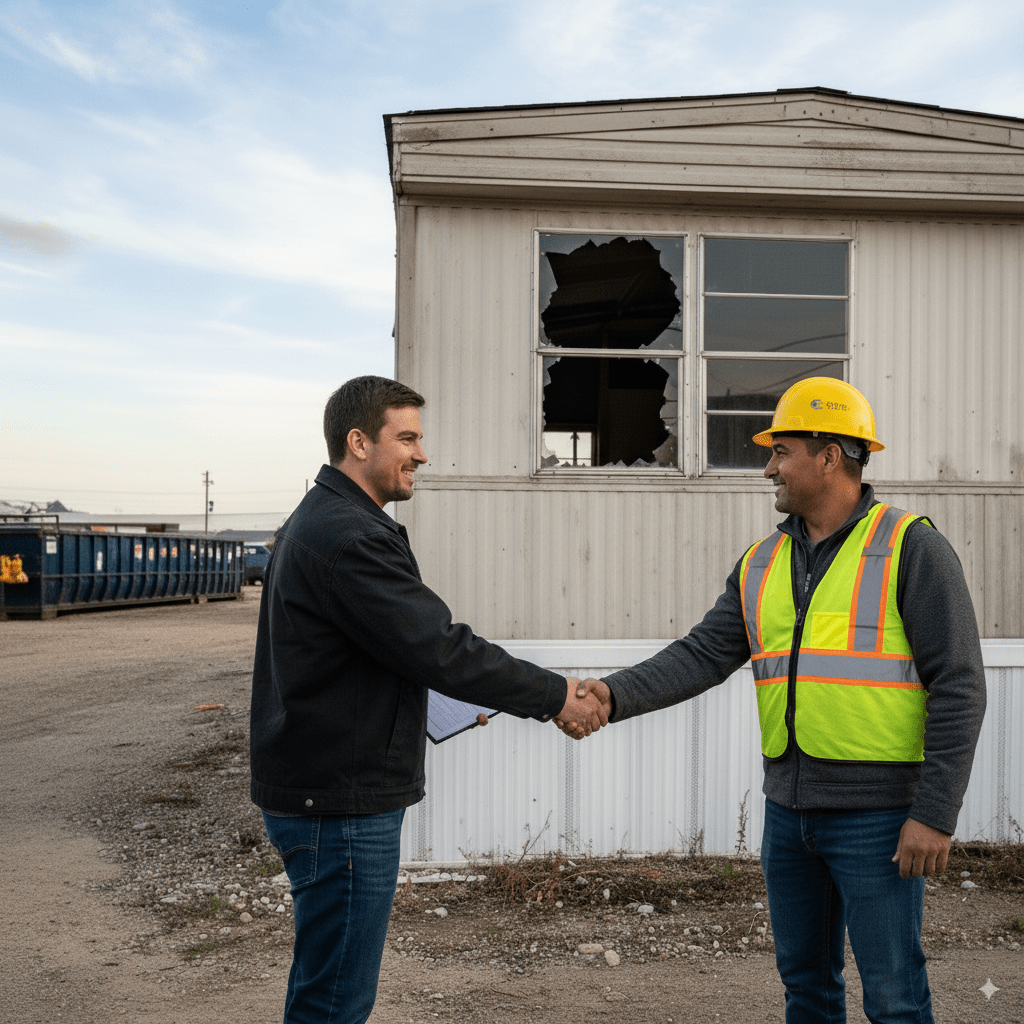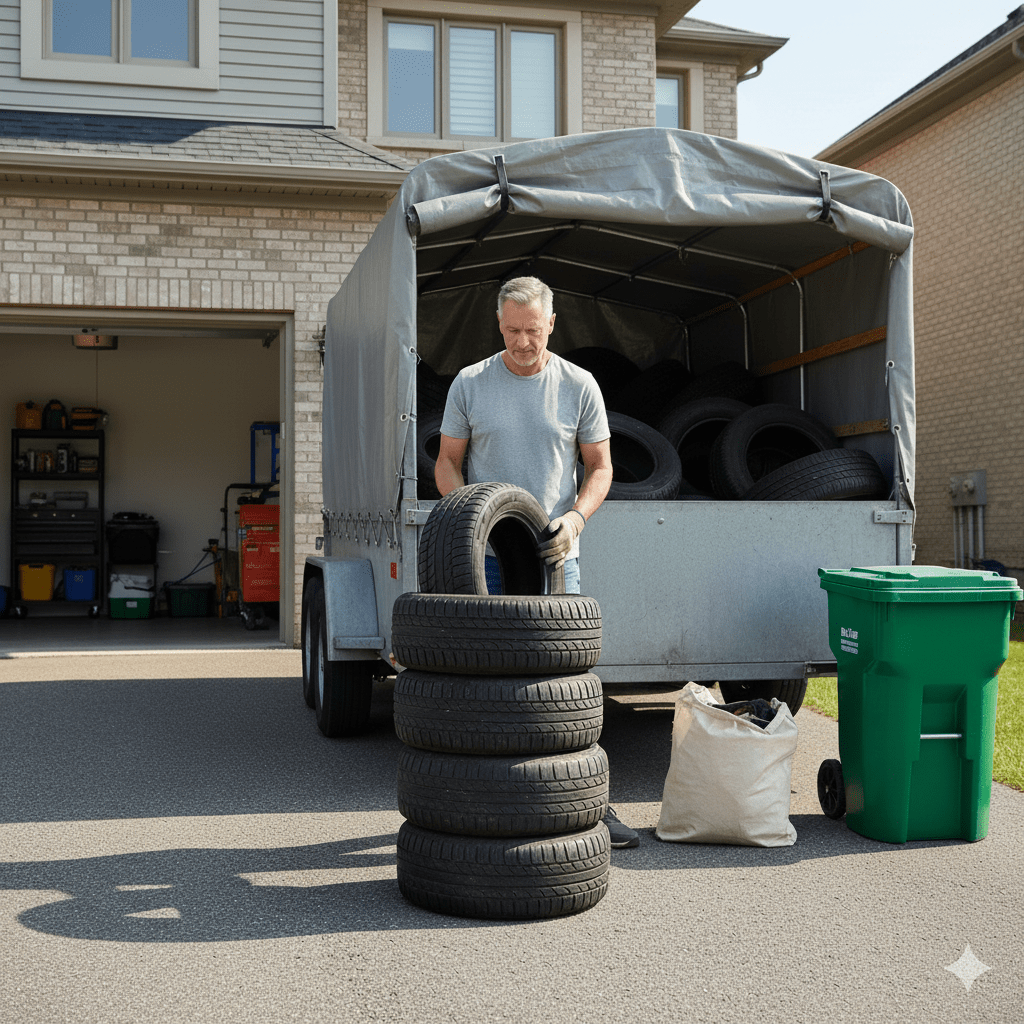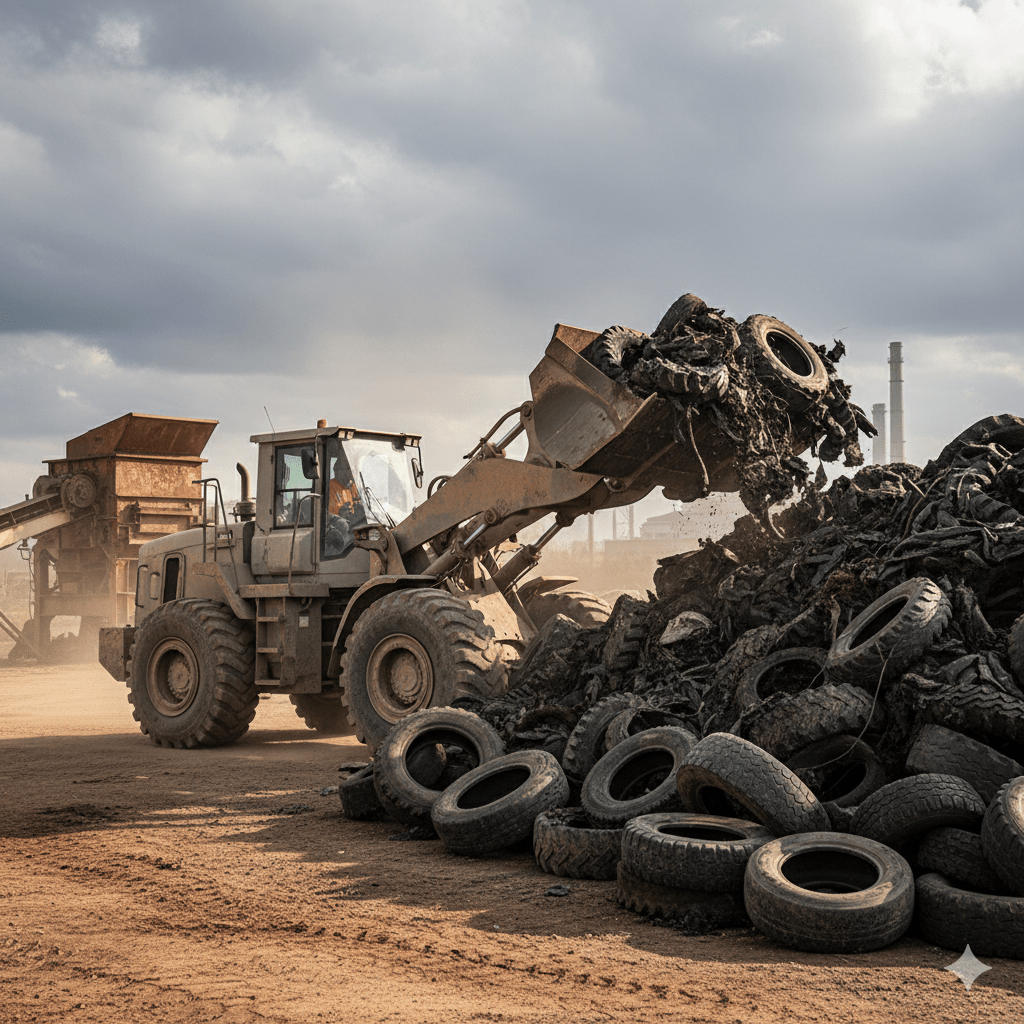Mobile homes don’t take themselves down—they demand planning. You win by choosing professional mobile home demolition services, not cowboys with sledges. The right contractors bring proof, process, and paperwork, while the wrong ones bring headaches. Hire wisely, and you’ll end up with a clear site ready for use.
Evaluating Demolition Contractor Experience
Experience shows up in details. Ask for details and watch who lights up.
- Project twins: “Show me two recent mobile home demos—before, during, after.” Look for controlled collapses, clean staging, and tidy exits. If the photos look like a junk tornado, keep scrolling.
- Method fluency: A pro explains the sequence without blinking: salvage → utilities verified dead → detach add-ons → section structure → process chassis → load and sweep. No mythology, no guesswork.
- Site reading: Gates, overhead lines, parking, soil, slopes, neighbors. A veteran asks about them before you bring it up. That’s the green flag you listen to.
- Hazard literacy: Asbestos, lead, refrigerants, fuel tanks, septic, mold. If they won’t say the words, they won’t handle the risks.
- References that matter: Not “my buddy.” Ask for a client who had: 1) tight access, 2) hazard testing, and 3) park/HOA rules. Call them. Ask what went wrong and how it got fixed.
Short script to separate pros from tourists: “Walk me through your last mobile home demo in five steps. Where did you stage, and which facility took your loads?” If the answer is vague, the work will be too.
Understanding Service Inclusions and Exclusions
A demo proposal is not a poem. It’s a boundary. If the boundary is blurry, your budget will be too.
Must-have inclusions (in writing):
- Scope: single/double/triple-wide, roof-over, decks, carports, skirting, steps.
- Utilities: who schedules disconnects/caps and how dead is verified (photos/receipts).
- Abatement: testing responsibilities and what happens if asbestos/lead shows up.
- Method & protection: equipment list, dust control, turf/paver protection, glass safeguarding.
- Disposal plan: recycler/landfill names, separation strategy (steel vs. mixed C&D), expected loads, and dump/scale tickets attached to the invoice.
- Finish condition: haul-and-go vs. nail sweep vs. rough grade/backfill to specified elevations.
Common exclusions (call them out):
- Contents removal, buried tanks, septic pump/abandonment, unforeseen utilities, storm-day standby, and off-hour work. Exclusions aren’t a problem; surprises are.
Rule of sanity: if it fits on a sticky note, it’s missing the part where you don’t get burned.

Comparing Quotes from Multiple Contractors
Price matters; context matters more. Quotes tell a story—read it.
- Apples to apples: Same scope, same finish, same permit responsibilities, same disposal plan. If one bid assumes a single 10-yard container and the next assumes three, you don’t have a price gap; you have a math gap.
- Fixed vs. T&M: Fixed price with defined change-order triggers (heavy steel, hidden additions, contents, access changes) beats a cheerful hourly with no cap. If T&M, demand ranges and stop points in writing.
- Schedule logic: Start window, daily hours, weather/dump-hour buffers. Cheap and slow can be more expensive than fair and fast when interest, rentals, or downstream crews are waiting.
- Evidence package: license numbers, COI naming your address, two job photo sets, and a sample invoice with dump tickets (pricing redacted is fine). The contractor who sends this immediately is the one who will send everything else immediately.
Green flags: line-item clarity, change-order math written in real sentences, and a disposal plan that names actual facilities. Red flags: “We’ll take care of it.”
Importance of Liability Insurance and Certifications
Insurance isn’t a vibe; it’s a shield. Make sure it’s yours.
- General liability: Ask for a certificate of insurance listing your name and site address as the certificate holder. Check dates and limits. Verify with the agent if you feel any wobble.
- Workers’ compensation: If there’s a crew, there must be comp. Subcontractor-only shops should still show proof that subs are covered.
- Auto & umbrella: Trucks hit things. You want coverage when things include your things.
- Licenses and registrations: Business license, contractor registration where required, asbestos/lead abatement licenses if they’re doing that work (or a named sub who is).
- Hot work/torch use permits: If the chassis is being cut, ask how they’re permitted and how they control sparks.
One email protects your property and sleep: “Please send your COI, license info, and (if applicable) abatement credentials before we schedule.” Pros reply in minutes, not days.
Post-Demolition Cleanup and Site Restoration Services
Demolition isn’t done when the noise stops. It’s done when the ground says thank you.
- Final pass, not final-ish: Nail/screw magnet sweep, shard patrol, and a walk-through that doesn’t end at the trailer fender.
- Backfill and rough grade: Fill voids, compact, shape for drainage. If you plan to build or pave, ask for elevations and compaction standards now—not after you’re standing in a puddle.
- Soil and stormwater: Remove temporary silt controls or convert them to protection for the next phase; don’t let the first rain undo the day.
- Proof of disposal: Scale tickets and recycler receipts attached to the invoice. No tickets, no payment—make that policy clear upfront.
- Photo log: Before/after set from the same angles. Your future self will send them to the next contractor and save a site visit.
If you can drive a lawn mower across the area without hitting a nail, sinking into a void, or inventing new swear words, restoration passed.
Bottom line
Hire for process, not promises. Evaluate experience in pictures and plans, not adjectives. Demand inclusions that protect your wallet, exclusions that tell the truth, insurance that protects your property, and cleanup that respects the ground you’re keeping. Do that, and your mobile home doesn’t just come down—it exits cleanly, on schedule, with paperwork that proves it.






